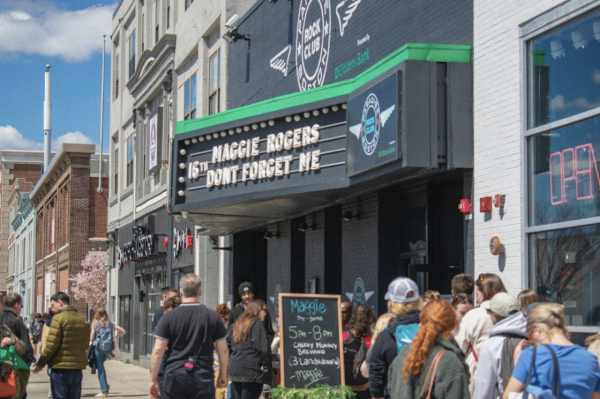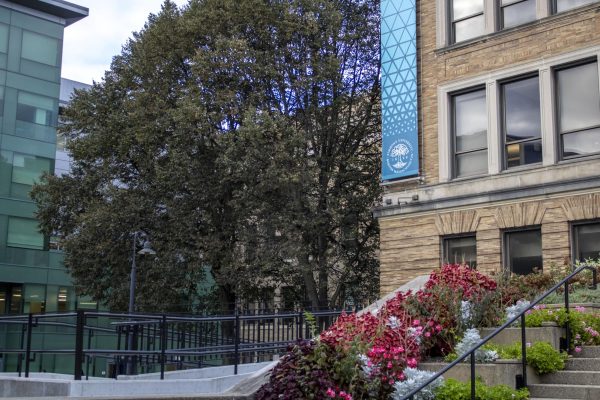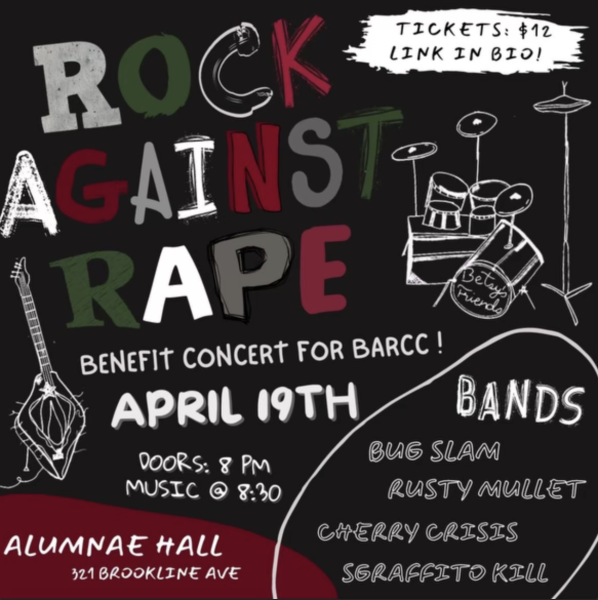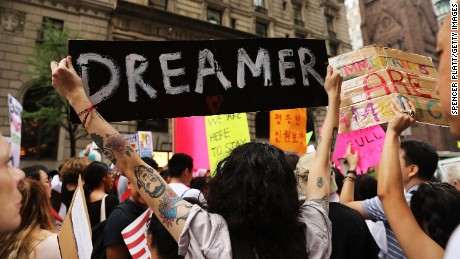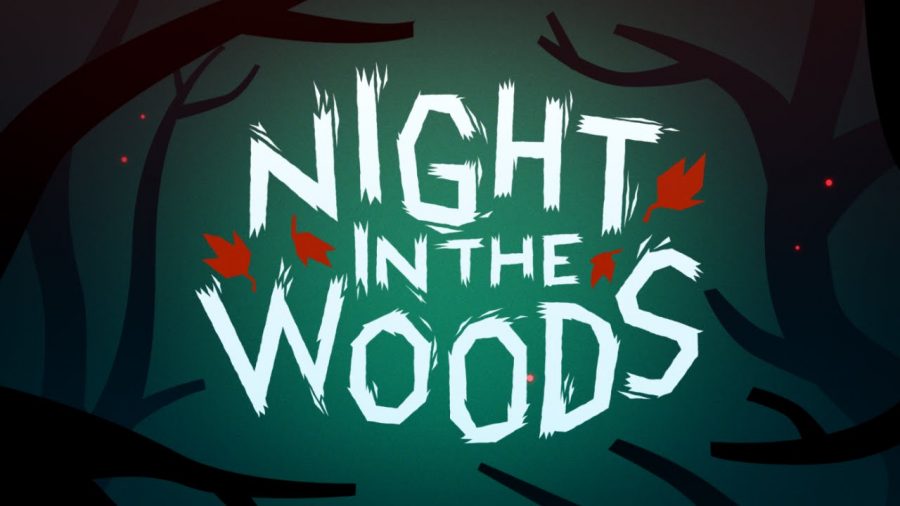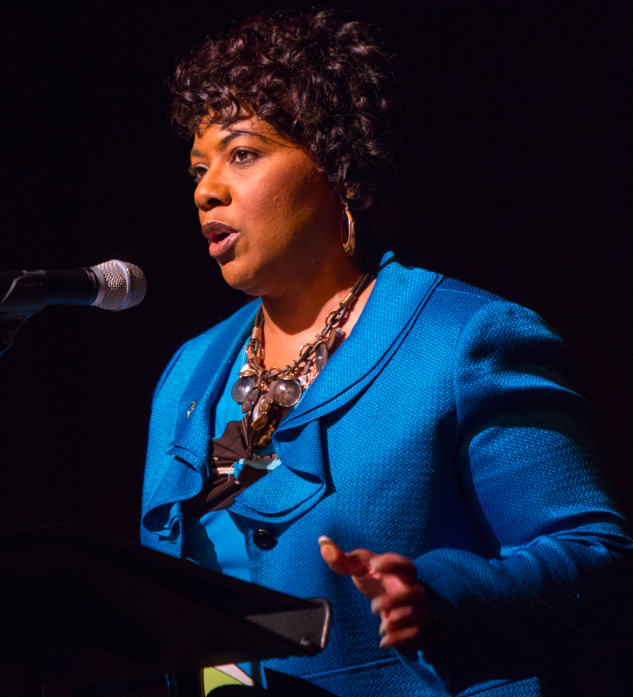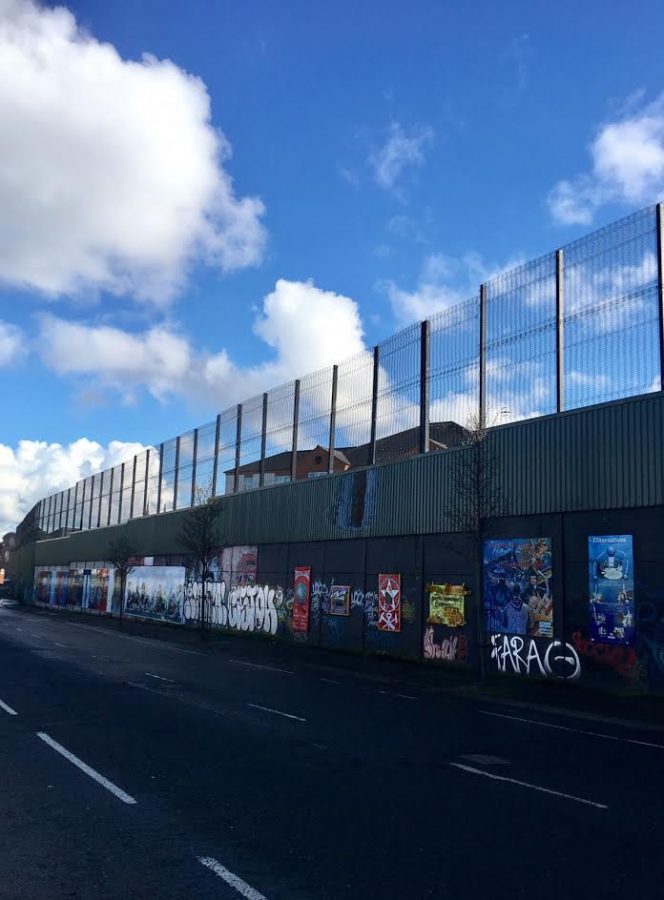 By Mary Ying
By Mary Ying
Contributing Writer
Apartheid, the system of racial domination in South Africa, ended 20 years ago, but the struggle for full equality still continues today for many living in the country’s black townships. Shacks are abundant, unemployment is rife, and hope is as scarce as running water and electricity.
Yet some have learned to overcome personal circumstances and, in the process, become beacons of light within their communities, combatting issues of poverty while defining their own success.
In Johannesburg, a young man works to make education a reality, while outside Cape Town, another revives a neighborhood through entrepreneurship, and still another sets an example during a housing crisis through taking on a monumental endeavor.
Despite all odds, these three demonstrate how they can paint a positive narrative for South Africa.
In A Settlement with Nothing, Community is Everything
Dirt paths weave in and around huts made from wood planks and corrugated zinc. Barbed wire and fences divide barren backyards, some home to clucking chickens. Fence wires run above as a stream trickles down below from the single community tap up the street.
This is Kliptown, the oldest residential community in Soweto, outside Johannesburg. Founded in 1891, it is home to 7,548 people. Poverty is pervasive, with unemployment reaching 80 percent, and high rates of teen pregnancy, HIV/AIDs, and school dropouts.
Thulani Madondo, 32, is familiar with the struggles of living in the informal settlements here. Born and raised in a cramped shack shared by seven other siblings, he describes the difficulty many mothers have in making ends meet.
“We know that some people may go to bed tonight not having had a meal,” he says as he leads us around the neighborhood.
Madondo himself bears scars, having lost his mother at the age of 11 with no father around to support them, working to pay for a high school education when the rest of his family was forced to drop out for economic reasons.
These experiences motivated Madondo to start the Kliptown Youth Program, a project which serves over 400 children and seeks “to eradicate the poverty of mind, body, and soul” through providing educational resources, such as tutoring, and after-school activities, like gum-boot dancing and football.
“We know the problems of this community, but we also know the solutions,” Madondo told CNN, after being nominated as one of their Top 10 Heroes of 2012, which granted the program $50,000 to install a new solar-power computer lab now used to equip children with technological skills and resources for free.
Above all, Madondo believes in the community of Kliptown. Though the paths are narrow and the spaces are tight, every home’s door is open for visitors to enter. The people greet complete strangers with a pleasant “sanbonan,” which means, “how are you?” in isiZulu, and the children welcome them with enthusiastic hugs.
The people do not steal from one another because there is nothing to steal. The neighbors do not gossip because everyone knows each other, says Madondo.
Perhaps that is why KYP bears so much promise by investing in its younger residents. “I am educating the children so we can change Kliptown together,” Madondo told CNN.
As for Madondo, though he was orphaned at a young age, he has never been an orphan in spirit.
“In a community like this, so long as there are mothers around you, you will always have a mother,” he says.
An Entrepreneurial Spirit
Meanwhile, in the Western Cape stands Mike Zuma, a fast-talking, off-the-wall guy dressed in jeans and leather jacket, and bursting with ideas.
Zuma, 37, grew up during the late years of apartheid in Langa, one of many townships established by the government as a “dumping ground” for non-whites evicted to make way for white neighborhoods in downtown Cape Town.
A rambunctious young boy, Zuma credits his mother with drilling into him not to join the gangs and cause trouble, but rather stay in school and work for his success.
“I excel in whatever I do so that people don’t step up on me and tell me how I do or don’t because of my race,” says Zuma.
Privileged enough to attend a private multi-racial boys’ high school in Rondebosch, Zuma observed how apartheid drew lines between people, geographically, culturally, and economically.
He notes how the non-white poor person usually ventures into the wealthy white districts of the Cape Town for work, but whites rarely dare set foot in the townships.
This inspired Zuma’s work with iKhaya le Langa, a non-profit organization that seeks to fight poverty and revitalize Langa through social enterprise initiatives, he says.
Zuma wants to see Langa become the “new city center,” with growing employment opportunities and vibrant community life.
Their current repertoire of projects includes a local café that operates out of a former school building, home-based art galleries, free Wifi access across the Langa quarter, and a call center training academy to provide jobs.
Thanks to diverse interactions with high school peers from all backgrounds and five years as an airline steward, Zuma knows how to network. He ambitiously hunts down new business sponsors, including Internet giant, Amazon.
As an official South Africa tour guide since 2011, Zuma advocates on behalf of his community and his people. He says he is in the process of “upscaling” to become an expert in not just the Western Cape townships, but in the entire province, and eventually the whole country as well.
A Self-Made Man
Our final visit lands us on the quiet streets of Gugulethu, another traditionally black township located about 10 miles southeast of Cape Town.
The sun sets on a sprawling development of semi-attached cement “matchbox houses” built by the apartheid government to house displaced non-whites forcibly removed from the city by the Group Areas Act of 1950.
Originally intended as “temporary” situations for the multiple families living in each one, these dilapidated constructs are still home to thousands who wait for the government to accommodate them with proper housing.
“Somebody who waits for the government—it is like a lady who waits for ‘Mr. Right,’” scoffs Donald Qubeka, a local resident and business owner. “You want this, you want that, but you will not get it all.”
Qubeka, 65, has never been one to look to others for help.
Abandoned as a baby by his father, Qubeka began working at the age of 15 in a wood factory to support his mother, grandmother, and three younger siblings, quickly assimilating duties as the “man of the house.”
Qubeka says he toiled daily, from 3 p.m. to 3 a.m., sleeping in the cold of the train station as he waited for his ride home after work. He took responsibilities seriously, placing needs of his family above his own, such as monthly groceries over a new pair of trousers.
“My grandmother would say, ‘He [Qubeka] is the one who makes me not to lose hope,’” says Qubeka, recalling the words that strengthened him to push on.
That is why when Qubeka heard his bank loan request to build a new home was denied, he took matters into his own hands.
Determined to have a home fit for his newly-wed wife, Liziwe, and their expected children, Qubeka scavenged demolished building sites for construction materials and spent the next eight years chipping old mortar off bricks to reuse them, much to the ridicule of his neighbors. Eventually, those bricks laid the foundation of his new home and life in Gugulethu as he completed a four-bedroom house just in time for the arrival of twin sons.
“I am the first of three generations to now be able to say, ‘I own this,’” Qubeka proudly says, gesturing around his dining room with wide-open arms.
If you look closely today, you can still see the grooves where Qubeka chipped away at each brick in the exterior walls of their home, which has been converted to a 10-room hotel named Liziwe’s Guest House.
Together, they operate the humble bed-and-breakfast with the help of eager manager, Andrew Saunders, one of the township’s few white residents.
Even after retiring, Qubeka describes ambitious plans to expand the space.
“I would love to put another eight bedrooms on the top of the roof!” he says with a chuckle, citing the growing South African tourism industry and increasing demand to accommodate visitors to the Cape Town area.
“Even when I struggled, the hope was there,” Qubeka says, the words of his mother, “You are the man of this house,” still ringing in his ear.
A Unique Hope
Wherever these individuals find themselves, they have proven that with community support, drive, and a willingness to take their dreams seriously, they can go far.
They bring to life ideals of access to education, housing and a livelihood promised by the South African constitution and illustrate the unique hope that seems to characterize South Africa.
“South Africans—they are a nation that lives on hope,” says Qubeka, as he leans back in his lawn chair and looks up at the sky.
“Humans inherently have hope, and once you lose hope, you’ve lost the plot! “ says Zuma, his pointed finger against the table.
“We are happy. We are just doing what we can with what we have,” says Madondo, a smile across his face.
As a part of the Human Rights in South Africa course, 11 students learned about the history of apartheid and the current social situation of South Africa. In May, they visited the country and witnessed the situation first-hand, speaking with people from activists and average citizens to U.S. diplomats and commissioners. You can check out their blog at http://bit.ly/1rVeGkQ.



